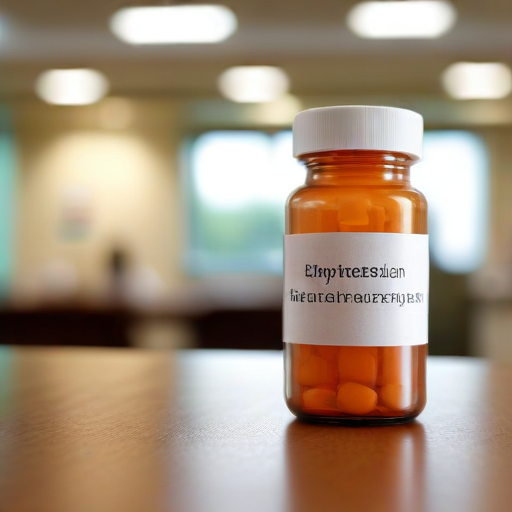Johnson & Johnson announced on Monday that it has submitted a request to the U.S. Food and Drug Administration (FDA) to expand the use of its ketamine-based medication, Spravato. This request seeks to allow Spravato to be utilized as a standalone treatment for individuals suffering from treatment-resistant depression.
Originally approved in 2019, Spravato was designed to be used alongside an oral antidepressant for patients whose symptoms did not improve after trying two or more different antidepressant medications. According to Johnson & Johnson, nearly 30 percent of the approximately 280 million people diagnosed with major depressive disorder experience treatment-resistant depression.
Bill Martin, the head of neuroscience at Johnson & Johnson, emphasized the struggles faced by patients with this condition, stating that many endure lengthy periods trying various treatments without relief, which can place a profound emotional and functional strain on both patients and their families.
The recent application to the FDA is supported by data from a late-stage clinical trial indicating that Spravato can alleviate symptoms as quickly as 24 hours after administration, with effects lasting for at least four weeks. Spravato is given as a nasal spray and must be administered under the supervision of a healthcare professional. Unlike conventional antidepressants that target serotonin and dopamine, Spravato enhances glutamate levels in the brain – a crucial neurotransmitter that facilitates neuronal communication.
Sales for Spravato have seen impressive growth, climbing 60% to $271 million for the three months ending June 30, compared to the same period last year. The treatment has been utilized by approximately 100,000 patients across 77 countries.
This development offers hope for many individuals grappling with severe depression, as it highlights the commitment to finding effective, innovative solutions for mental health challenges. The continued advancement of treatments like Spravato might lead to significant improvements in the quality of life for those who struggle with treatment-resistant forms of depression.
